Filter by
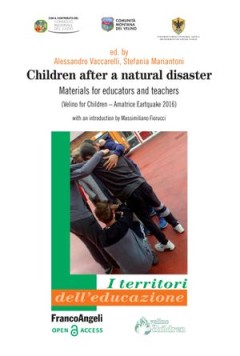
Children after a Natural disaster
"Catastrophes and natural disasters lead to numerous problems in the education of children and teenagers, who present as the most vulnerable subjects in the communities affected. Often, in these circumstances, adults (educators, teachers, parents) do not know how to respond to their needs, reactions and feelings. What do we need to know about childhood trauma? What answers should we give to chi…
- Edition
- -
- ISBN/ISSN
- 9788891767974
- Collation
- -
- Series Title
- -
- Call Number
- 904 VAC c

Making the White Man's West: Whiteness and the Creation of the American West
In the early nineteenth century, critics like Zebulon Pike and Washington Irving viewed the West as a "dumping ground" for free blacks and Native Americans, a place where they could be segregated from the white communities east of the Mississippi River. But as immigrant populations and industrialization took hold in the East, white Americans began to view the West as a "refuge for real whites."…
- Edition
- -
- ISBN/ISSN
- 9781607323952
- Collation
- -
- Series Title
- -
- Call Number
- 909 PIE m
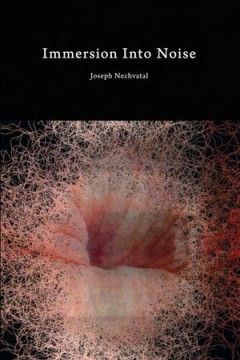
Immersion Into Noise
Joseph Nechvatal's Immersion Into Noise investigates multiple aspects of cultural noise by applying our audio understanding of noise to the visual, architectual and cognative domains. The author takes the reader through phenomenal aspects of the art of noise into algorithmic and network contexts, beginning in the Abside of the Grotte de Lascaux
- Edition
- -
- ISBN/ISSN
- 9781607852414
- Collation
- -
- Series Title
- -
- Call Number
- -
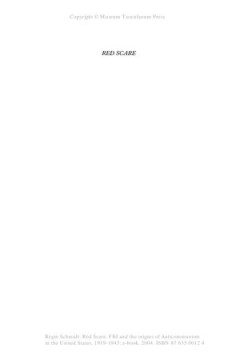
Red Scare Fbi and The origins of Anticommunism in The United States
The anticommunist crusade of the Federal Bureau of Investigation and its legendary director J. Edgar Hoover during the McCarthy era and the Cold War has attracted much attention from historians during the last decades, but little has been known about the Bureau's political activities during its formative years. This work breaks new ground by tracing the roots of the FBI's political surveillance…
- Edition
- -
- ISBN/ISSN
- 9788763500128
- Collation
- -
- Series Title
- -
- Call Number
- -

Capital At The Brink Overcoming The Destructive Legacies of Neoliberalism
Capital at the Brink reveals the pervasiveness, destructiveness, and dominance of neoliberalism within American society and culture. The contributors to this collection also offer points of resistance to an ideology wherein, to borrow Henry Giroux’s comment, “everything either is for sale or is plundered for profit.” The first step in fighting neoliberalism is to make it visible. By discu…
- Edition
- -
- ISBN/ISSN
- 9781607853060
- Collation
- -
- Series Title
- -
- Call Number
- -
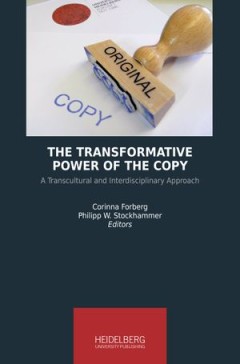
The Transformative Power of the Copy
This volume offers a fresh perspective on the copy and the practice of copying, two topics that, while the focus of much academic discussion in recent decades, have been underrepresented in the discourse on transculturality. Here, experts from a wide range of academic disciplines present their views on the copy from a transcultural perspective, seeking not to define the copy uniformly, but to r…
- Edition
- -
- ISBN/ISSN
- 9783946054146
- Collation
- -
- Series Title
- -
- Call Number
- -
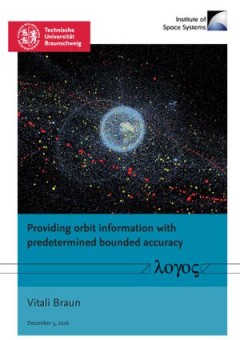
Providing orbit information with predetermined bounded accuracy
The exchange of orbit information is becoming more important in view of the increasing population of objects in space as well as the increase in parties involved in space operations. The aim of this thesis was to investigate how orbit information maintained by a space surveillance system can be provided to its users. Services like collision avoidance require very accurate information, while oth…
- Edition
- -
- ISBN/ISSN
- 9783832544058
- Collation
- -
- Series Title
- -
- Call Number
- -
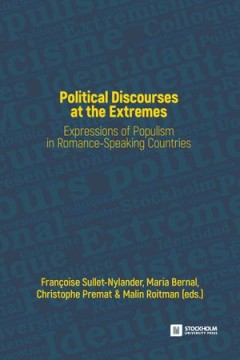
Political Discourses at the Extremes
"The authors of this edited volume focus on the emergence of populist discourses, coming from movements or parties from Romance-speaking countries in Europe and in Latin America. By combining linguistics, social and political sciences in a discourse analytical approach, the sixteen papers enlighten the mechanisms behind populist discourses yielding from different socio-cultural and political co…
- Edition
- -
- ISBN/ISSN
- 9789176350928
- Collation
- -
- Series Title
- -
- Call Number
- -

Born in 1953
"At the beginning of the 1960s, Swedish researchers started a sociological study of all children born in Stockholm in 1953, Project Metropolitan. This book describes the project’s at times dramatic history, where issues of personal integrity and the role of social sciences were heavily debated. These discussions were fueled by the rapid and far-reaching digitalization in society at large and …
- Edition
- -
- ISBN/ISSN
- 9789176350843
- Collation
- -
- Series Title
- -
- Call Number
- -
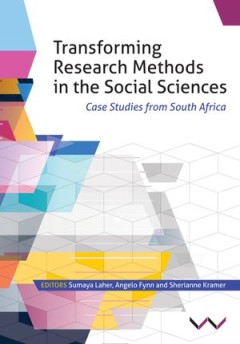
Transforming Research Methods in the Social Sciences
Social science researchers in the global South, and in South Africa particularly, utilise research methods in innovative ways in order to respond to contexts characterised by diversity, racial and political tensions, socioeconomic disparities and gender inequalities. These methods often remain undocumented – a gap that this book starts to address. Written by experts from various methodologica…
- Edition
- -
- ISBN/ISSN
- 9781776142767
- Collation
- -
- Series Title
- -
- Call Number
- -
 Computer Science, Information & General Works
Computer Science, Information & General Works  Philosophy & Psychology
Philosophy & Psychology  Religion
Religion  Social Sciences
Social Sciences  Language
Language  Pure Science
Pure Science  Applied Sciences
Applied Sciences  Art & Recreation
Art & Recreation  Literature
Literature  History & Geography
History & Geography